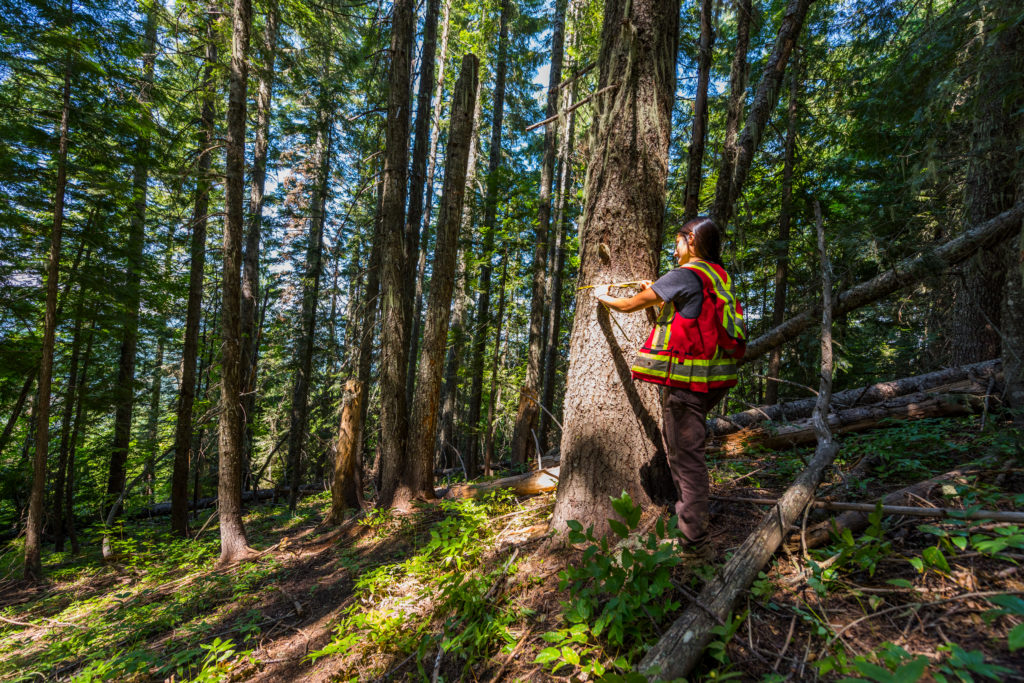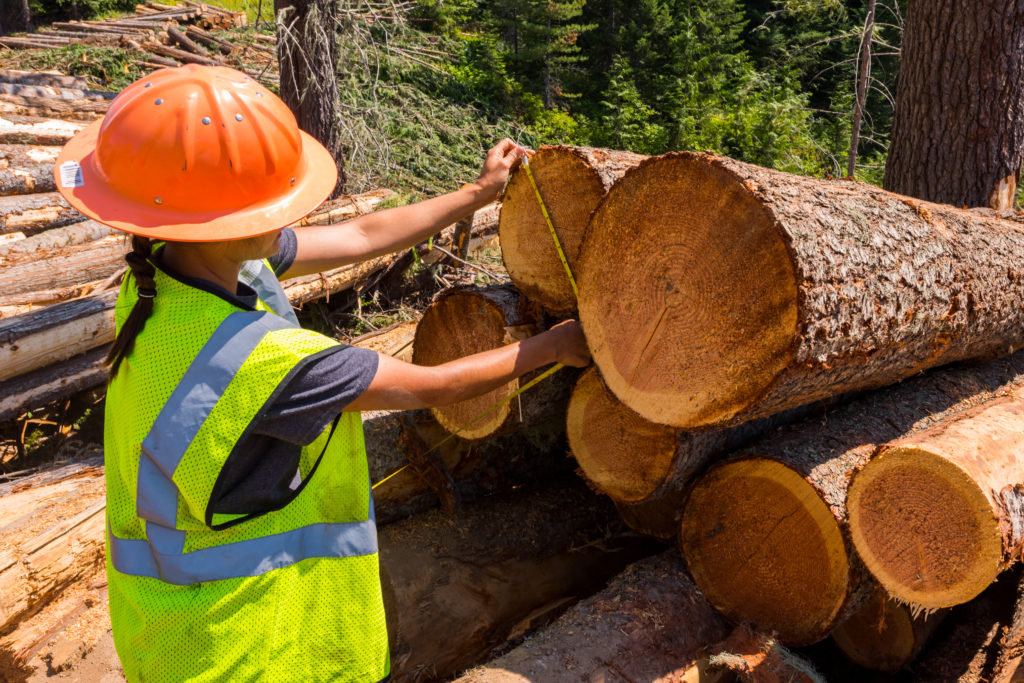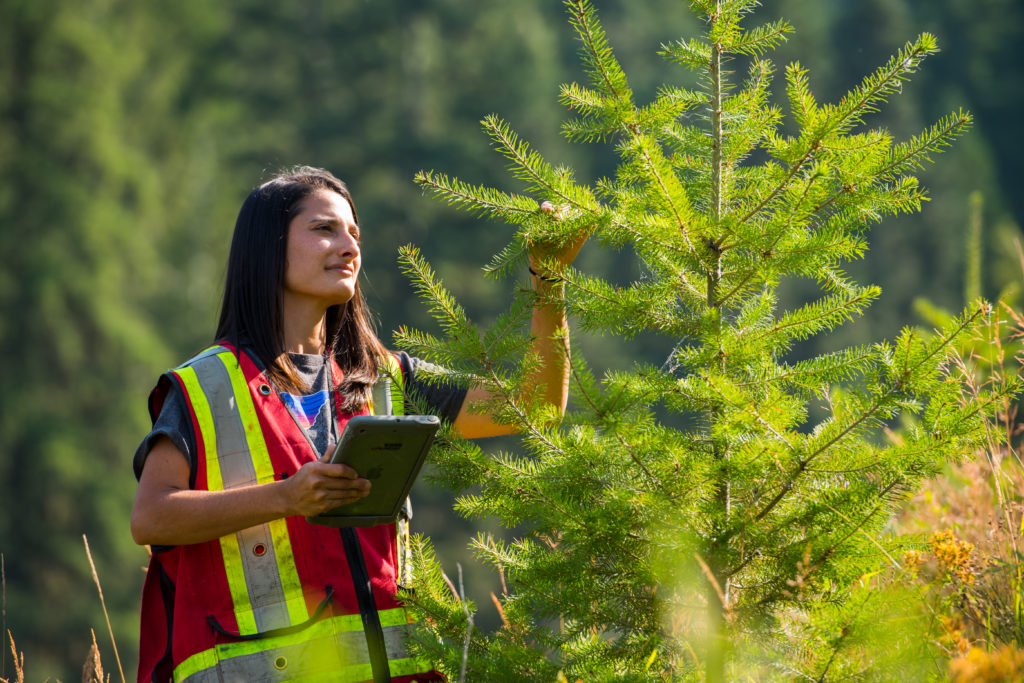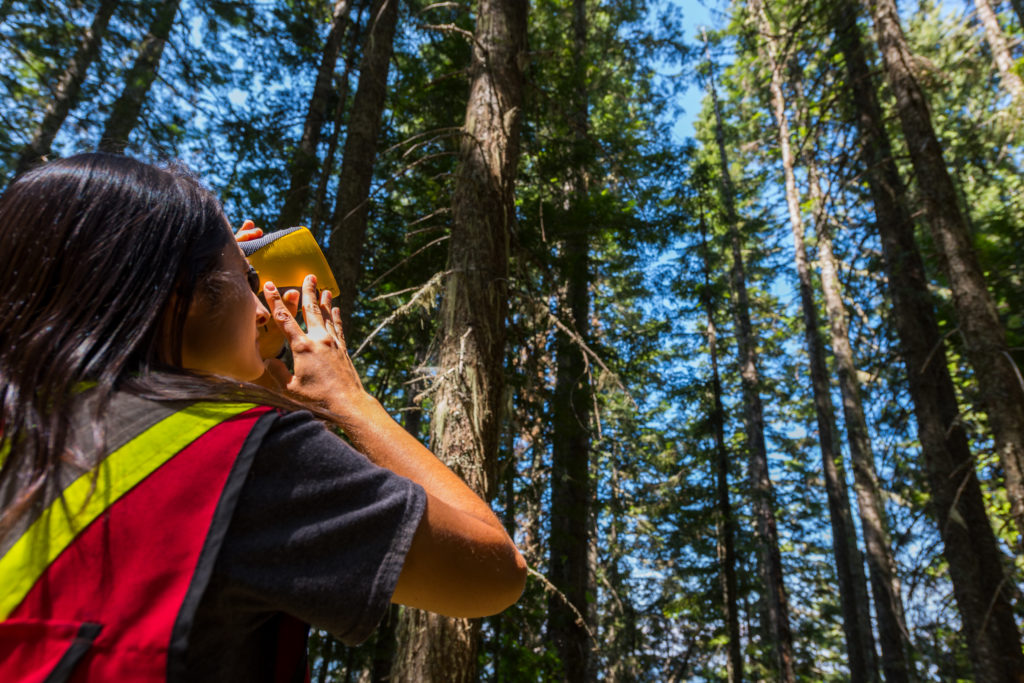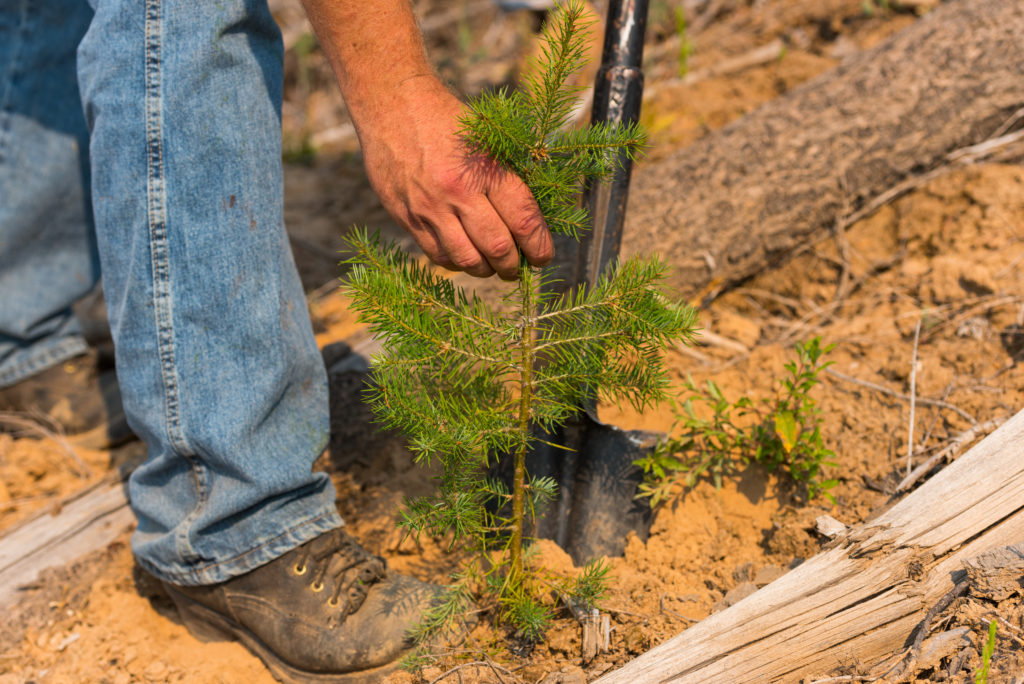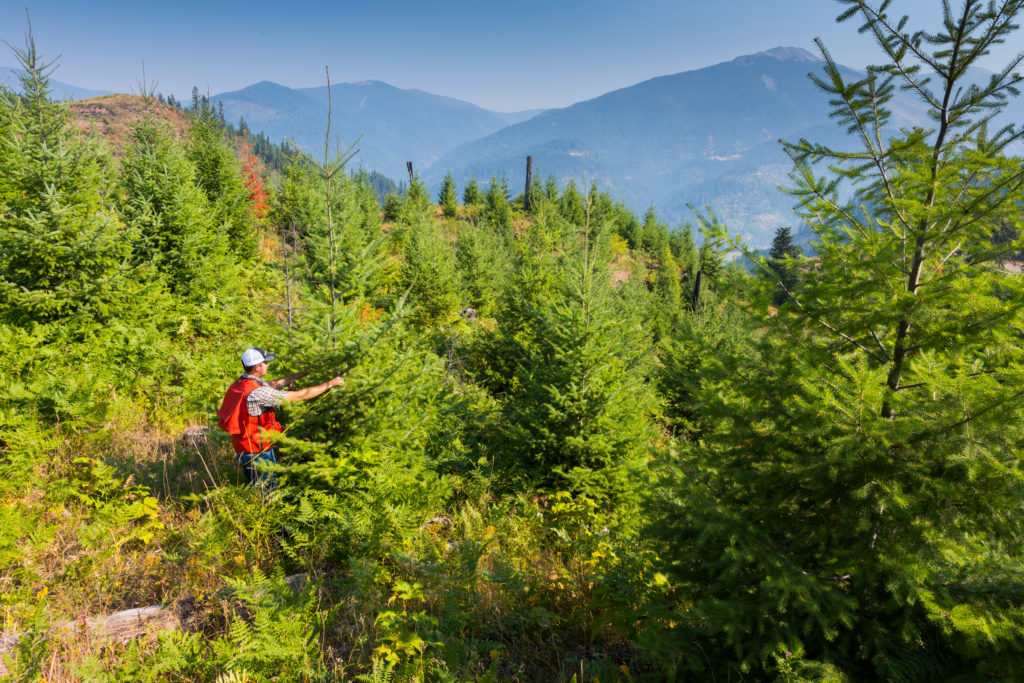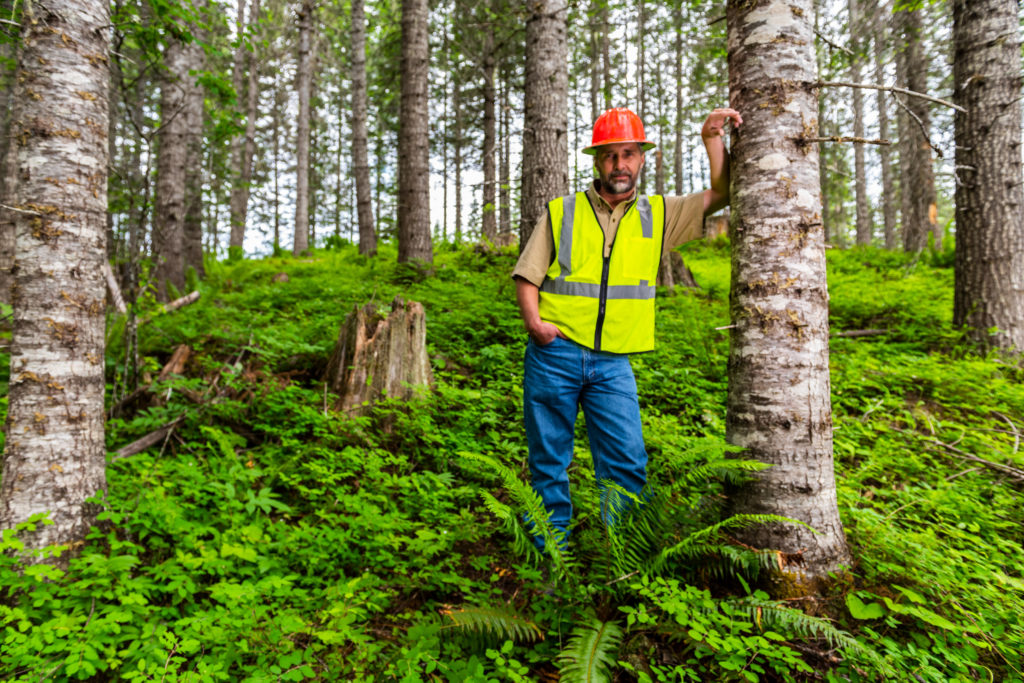Softwood Lumber Mills Sustain American Forests
Mills rely on timberlands across the country to meet the demand for the softwood lumber that builds American homes. And so, ensuring that these forests remain healthy and plentiful is a top priority for the softwood lumber industry. What many don’t know is that these mills are at the forefront of sustainability. Mills across the country manage their forests sustainably by planting more trees than they cut down and collaborate on conservation initiatives that support forest biodiversity and regeneration.
For Joe Patton from Westervelt Lumber in Moundville, Alabama, sustainability means “growing more than we cut and using every part of the tree.” Aside from planting over six million seedlings per year to replant, Westervelt uses the byproducts of the 220 loads of logs used each day to support other operations. After timber arrives at the mill, workers use high-tech precision technology to optimize and cut pieces from each tree to be sold on the softwood lumber market. Bark and sawdust are used to make steam in the boilers, which produces electricity and dries lumber. Excess bark is used in the landscaping market, while wood chips are used at local paper mills.
Furthermore, excess chips and sawdust are used for wood pellet production that replaces coal in power generation overseas. While over 200 log trucks arrive at the mill each day, only one dump truck leaves with waste—just the pieces of wood containing metal that can’t be otherwise used.
Across the country, Stimson Lumber—a company stretching across Oregon, Idaho and Montana—is protecting forest resources such as fish, wildlife, clean air and clean water through their Sustainable Forestry Initiative (SFI) Program. To become a member, groups must pledge to comply with environmental regulations and honor measures such as water quality protection, prompt reforestation after harvest, wildlife conservation and consistent improvement of forest management practices.
While these efforts address sustainable forestry and conservation, they also support productive business—the foundation of a competitive lumber industry. Without enough timber, the industry would cease to exist, let alone thrive. If the U.S. softwood industry can’t collectively act to preserve our forests, they would quickly deplete and be unable to support mills like Westervelt and Stimson.
Fair trade is essential to a dependable softwood lumber market and healthy forests. The enforcement of anti-dumping and countervailing duties put on subsidized Canadian softwood lumber imports allows mills to expand and continue developing sustainability initiatives. Given a level playing field, mills can further invest in their communities and the natural resources they depend on. To learn more about how fair trade supports sustainable practices, check out additional resources here.

